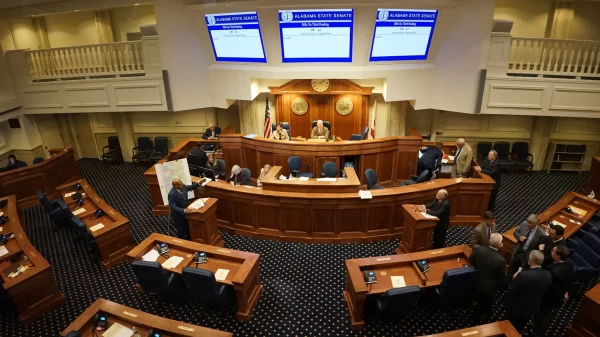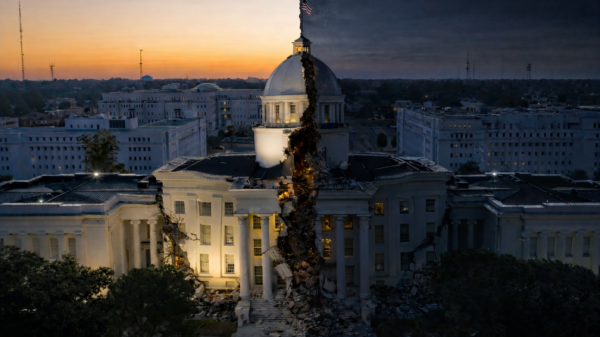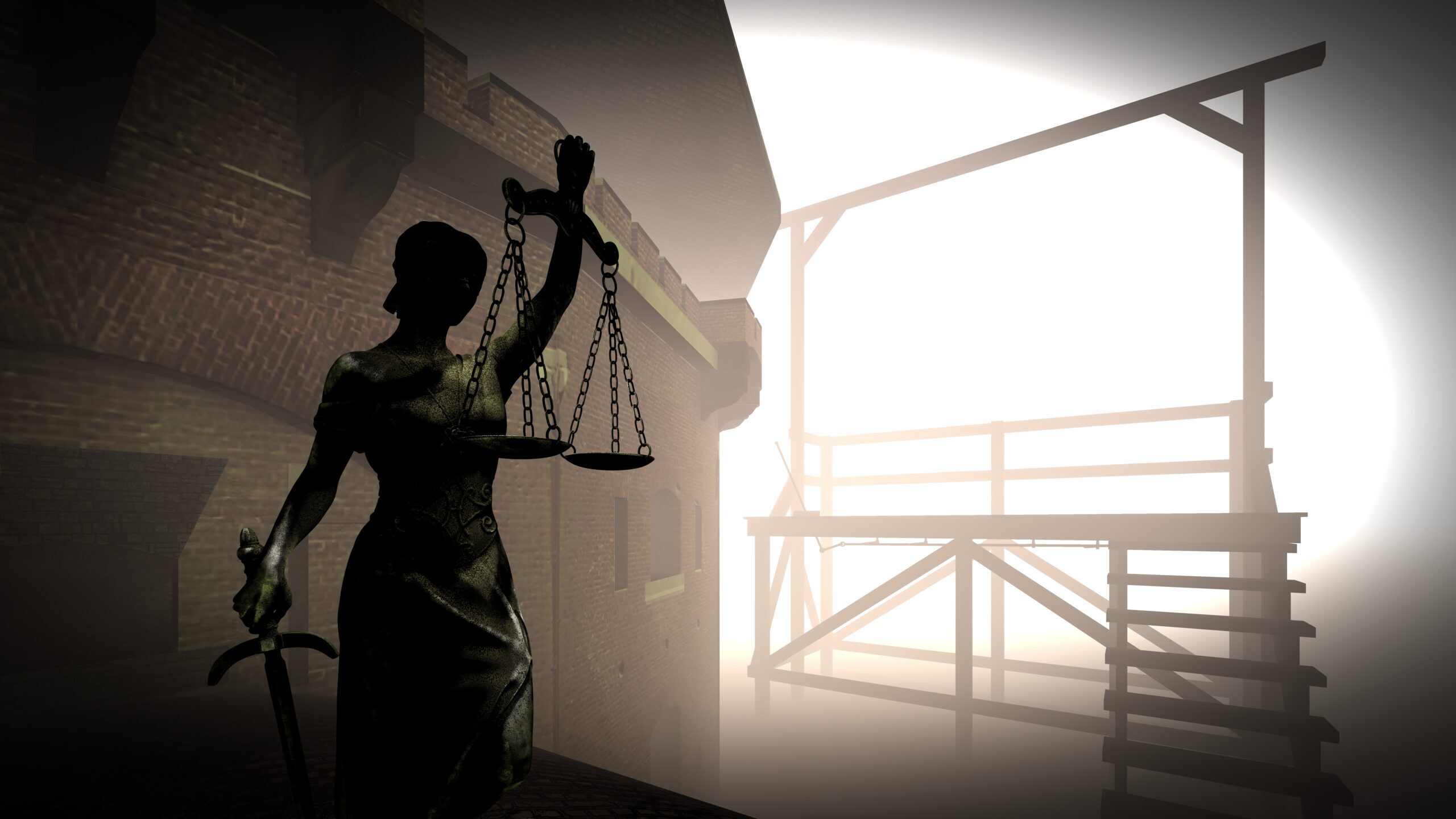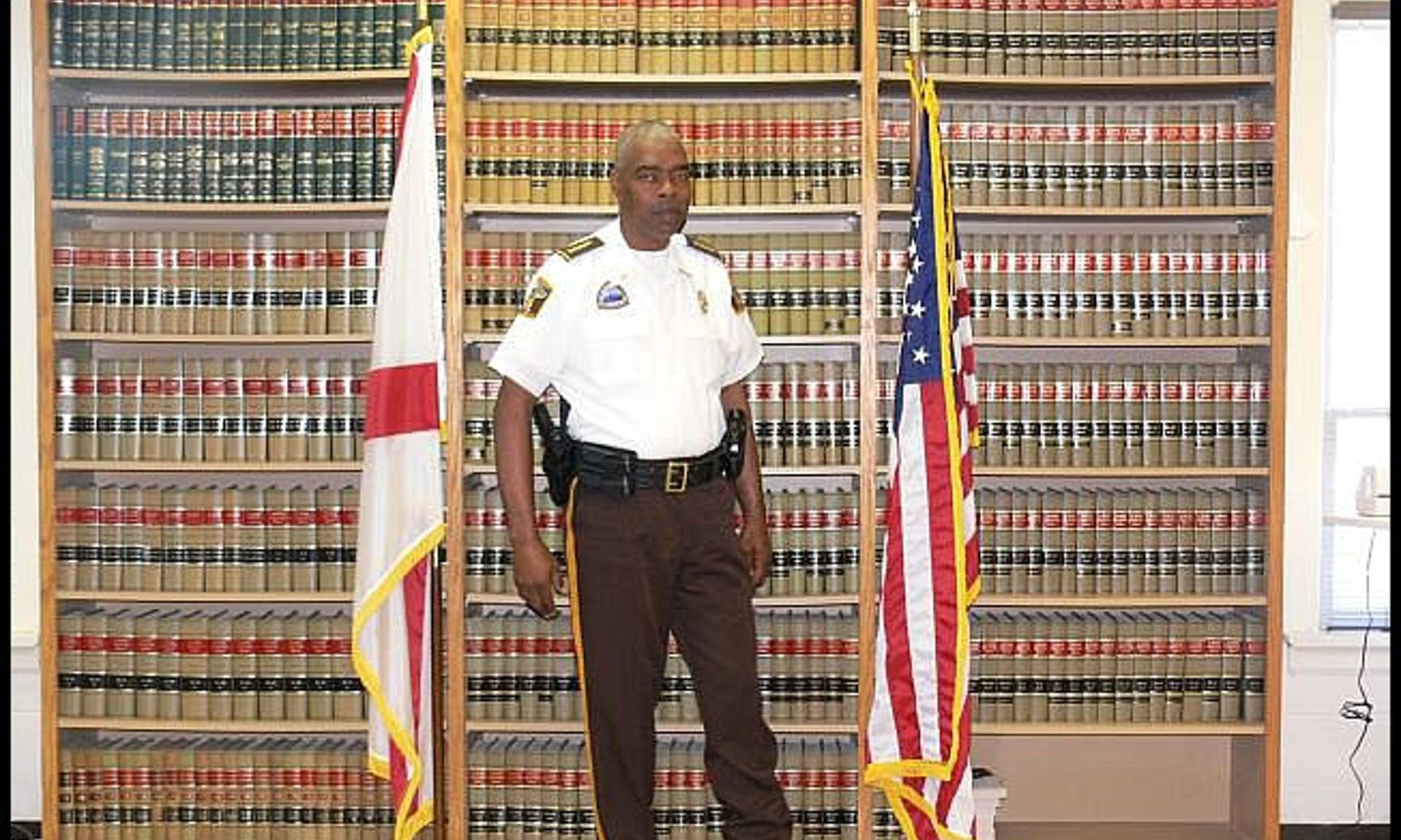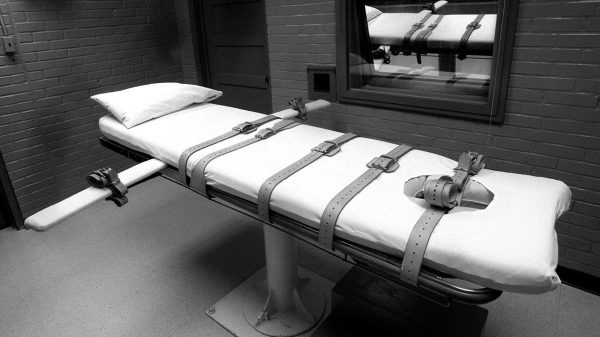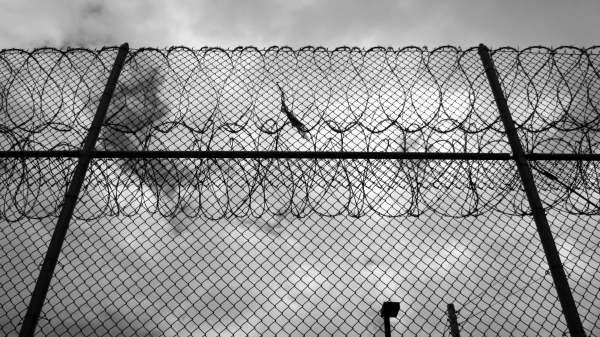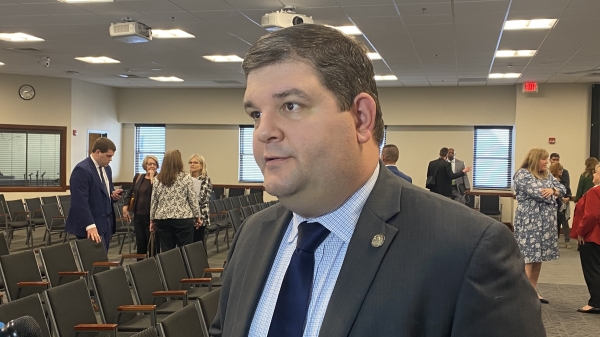In Alabama, where the death penalty remains an archaic and inhumane practice, the cries for justice are drowned out by the bang of the judge’s gavel. Despite the overwhelming evidence highlighting the profound flaws and inherent injustices of capital punishment, Alabama continues to cling to this barbaric relic like a drowning man to a lead weight.
As EJI founder Bryan Stevenson has poignantly stated: “The death penalty is not about whether people deserve to die for the crimes they commit. The real question is whether we deserve to kill.”
The most glaring issue with the death penalty is its irreversible nature. Our justice system, despite all its advancements, is not infallible. Wrongful executions are not just a possibility; they are a terrifying reality. The execution of an innocent person is a grotesque moral blight that can never be erased—a permanent stain on the moral fabric of any state that allows it.
Helen Prejean, a vocal advocate for the abolition of the death penalty, rightly observes: “The death penalty is a symptom of a culture of violence, not a solution to it.”
Proponents of the death penalty love to trot out the tired myth that it deters serious crime. Yet, countless studies have debunked this fantasy. There is no significant difference in crime rates between states with the death penalty and those without. The supposed deterrent effect is nothing more than a mirage, used to justify the ethical and moral quagmire that is state-sanctioned execution.
Albert Camus, a renowned critic of the death penalty, once remarked: “But what then is capital punishment but the most premeditated of murders, to which no criminal’s deed, however calculated, can be compared?”
The death penalty is nothing but a cycle of state-sanctioned violence. By executing those who commit heinous acts, the state mirrors the very brutality it seeks to condemn. This moral hypocrisy erodes the foundation of our justice system and poisons society at large.
Racial disparities in Alabama’s application of the death penalty are particularly stark. African Americans are disproportionately represented on death row, and cases with white victims are far more likely to result in death sentences.
One of the state’s most egregious relics was judicial override, a travesty unique to Alabama until its abolition in 2017, which allowed judges to impose death sentences even when juries recommended life imprisonment. This practice transformed justice into a grim lottery, driven by the whims of individual judges rather than the reasoned decisions of a jury. Though abolished, the legacy of arbitrary and capricious sentencing continues to haunt Alabama’s judicial record.
The state’s botched executions have raised serious ethical and legal questions, painting a gruesome picture of a system in disarray. The recent execution of Kenneth Smith using nitrogen hypoxia, despite claims of it being painless, turned into a nightmarish scene of convulsions and gasps. This grotesque spectacle is a blatant violation of the Constitution’s prohibition of cruel and unusual punishment.
The political influence in capital cases cannot be ignored. Elected prosecutors and judges, eager to appear tough on crime, often pursue the death penalty to bolster their public image. This politicization undermines the supposed impartiality of our judicial system, turning it into a stage for personal ambition rather than a pillar of justice.
The history of the death penalty in Alabama is marred by injustice and systemic failures. From public hangings to the nitrogen hypoxia controversy, the state exemplifies everything wrong with capital punishment.
The death penalty is not just a legal issue; it’s a moral one. In a state where justice should be blind, it too often peeks from behind the blindfold, biased and influenced by factors that have no place in a fair and equitable system. It’s time for Alabama to join the growing ranks of states that have recognized the death penalty for what it truly is: an inhumane, outdated, and fundamentally flawed practice that has no place in modern society.













